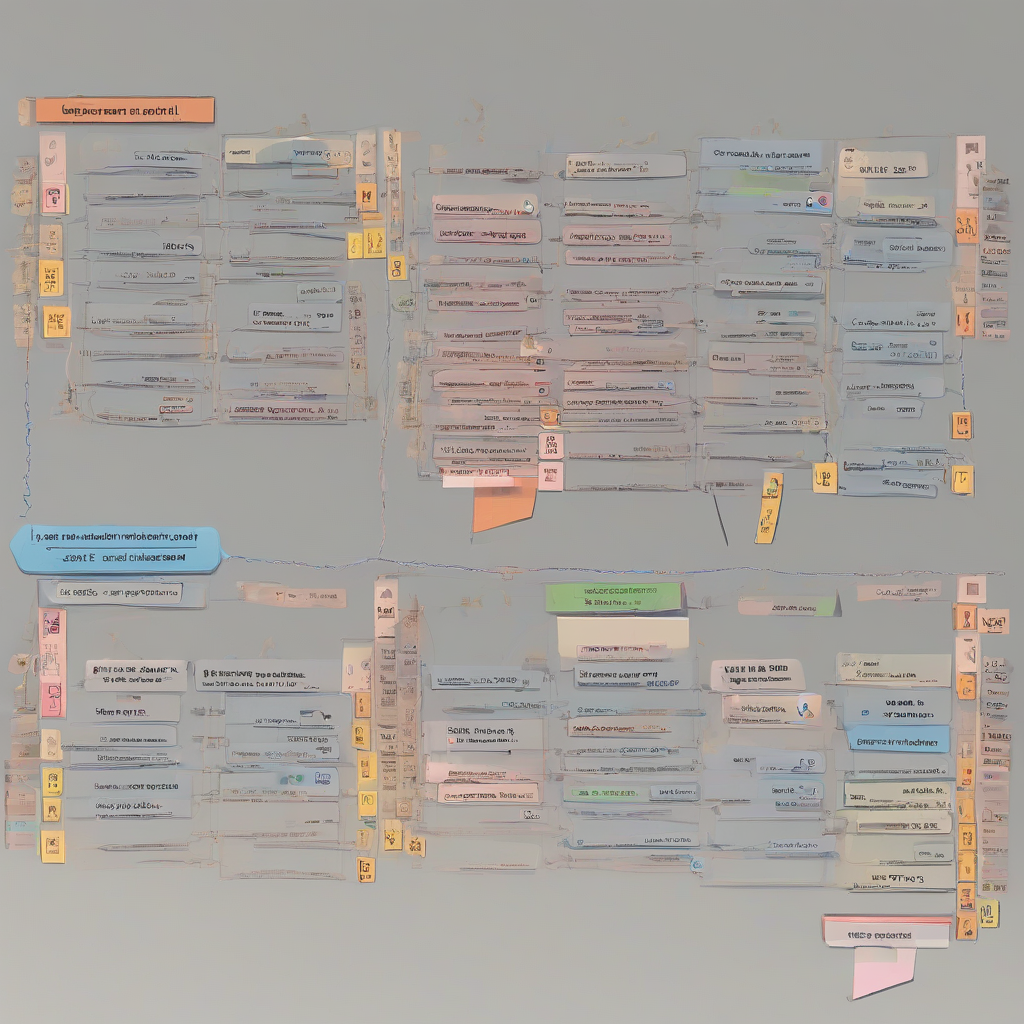VA Loans for Homes: A Comprehensive Guide for Veterans and Eligible Borrowers
The Veterans Affairs (VA) loan program is a government-backed loan designed to help eligible veterans, active-duty military personnel, and surviving spouses purchase a home. VA loans offer unique benefits, such as no down payment requirement, competitive interest rates, and flexible credit guidelines. This comprehensive guide will provide you with all the essential information you need to understand VA loans, determine your eligibility, and navigate the loan application process.
What are VA Loans?
VA loans are mortgage loans guaranteed by the U.S. Department of Veterans Affairs. This guarantee protects lenders against losses if borrowers default on their loans. The VA does not directly lend money; instead, it provides a guarantee to private lenders, allowing them to offer more favorable terms to eligible borrowers. VA loans are available for the purchase of a primary residence, a refinance of an existing mortgage, or to build a new home.
Who is Eligible for a VA Loan?
To qualify for a VA loan, you must meet the following criteria:
- Veteran Status: You must have served in the U.S. military for at least 90 days, or 180 days during wartime, and been discharged under conditions other than dishonorable.
- Active Duty Military Personnel: Active-duty military personnel are eligible for VA loans.
- Surviving Spouses: The surviving spouses of veterans who died in the line of duty or from service-connected disabilities are also eligible for VA loans.
- Other Eligible Individuals: Certain individuals who have served in the National Guard or Reserves may also qualify for VA loans, as well as individuals who have been awarded a Purple Heart or other military decorations.
It’s essential to verify your eligibility before starting the VA loan process. You can check your eligibility online through the VA website or by contacting a VA loan officer.
Benefits of VA Loans
VA loans offer several advantages over conventional mortgages:
- No Down Payment Requirement: VA loans typically do not require a down payment, allowing veterans and eligible borrowers to purchase a home with minimal out-of-pocket expenses.
- Competitive Interest Rates: VA loans often have lower interest rates compared to conventional mortgages, saving borrowers significant money over the life of the loan.
- Flexible Credit Guidelines: VA loans have more lenient credit requirements than conventional mortgages, making it easier for borrowers with less-than-perfect credit to qualify.
- No Private Mortgage Insurance (PMI): VA loans do not require PMI, which is a monthly insurance premium that conventional loans often require if borrowers put down less than 20% of the purchase price.
- No Prepayment Penalties: Borrowers can pay off their VA loans early without incurring any penalties.
- Protection for Borrowers: VA loans offer several protections for borrowers, such as prohibiting lenders from charging excessive fees and providing avenues for borrowers to dispute unfair practices.
VA Loan Limits
VA loans have maximum loan limits that vary by county. The VA loan limit represents the maximum amount a veteran can borrow through the program. These limits are designed to ensure the loans are affordable and sustainable for borrowers. You can check the VA loan limits for your area on the VA website.
How to Apply for a VA Loan
The VA loan application process involves several steps:
- Get Pre-Approved: Before you start shopping for a home, it’s crucial to get pre-approved for a VA loan. Pre-approval shows sellers that you’re a serious buyer and gives you a better understanding of your borrowing power.
- Find a VA-Approved Lender: Not all lenders offer VA loans. Find a lender that specializes in VA loans and has experience with the program.
- Gather Required Documents: You will need to provide the lender with various documents, including proof of identity, employment history, income verification, and military service records.
- Complete the VA Loan Application: The lender will guide you through the VA loan application process, which includes completing a loan application form and providing all necessary documentation.
- Underwriting and Appraisal: Once the lender receives your application, they will review it and assess your creditworthiness. The lender will also order an appraisal to determine the fair market value of the property you’re considering.
- Loan Closing: If your application is approved, you will schedule a loan closing with the lender. At the closing, you will sign the loan documents and finalize the purchase of your home.
Tips for Successful VA Loan Application
To increase your chances of a successful VA loan application, consider the following tips:
- Improve Your Credit Score: Before applying for a VA loan, take steps to improve your credit score. This includes paying bills on time, reducing debt, and avoiding new credit accounts.
- Shop Around for Lenders: Compare rates and fees from multiple VA-approved lenders to find the best deal.
- Understand the VA Loan Process: Familiarize yourself with the VA loan process to avoid any surprises or delays.
- Get Professional Help: Consult with a real estate agent and mortgage broker who have experience with VA loans.
VA Loan Refinance
VA loans are also available for refinancing existing mortgages. Refinancing can help you lower your interest rate, shorten your loan term, or switch to a different loan type.
- Rate and Term Refinancing: This type of refinance allows you to lower your interest rate or shorten your loan term, potentially saving you money on your monthly payments.
- Cash-Out Refinance: This refinance allows you to borrow against the equity you’ve built up in your home to access cash for various purposes, such as home improvements or debt consolidation.
VA Loan Assumptions
In some cases, it is possible for a qualified buyer to assume a VA loan from the current homeowner. This can be a beneficial option for both the seller and the buyer. However, it’s important to note that VA loan assumptions are subject to certain restrictions and requirements.
VA Loan Eligibility and Entitlement
Each veteran has a certain amount of VA loan entitlement. Entitlement refers to the maximum amount of VA loan guarantee that a veteran can use. The current VA loan entitlement is $36,000. When a veteran uses their entitlement to obtain a VA loan, the entitlement is reduced by the amount of the guarantee. Entitlement can be restored when the loan is paid off or if the property is sold.
Understanding VA Funding Fees
VA loans typically involve a funding fee that is added to the loan amount. The funding fee varies depending on the borrower’s down payment, loan type, and whether the borrower is a first-time homebuyer. The funding fee is a percentage of the loan amount and can be financed into the loan or paid upfront. The funding fee helps cover the cost of administering the VA loan program.
VA Loan Closing Costs
Like other types of mortgages, VA loans come with closing costs. These costs include fees for various services, such as loan origination, appraisal, title insurance, and recording fees. The lender will provide you with a detailed breakdown of closing costs before you close on your loan. You can often negotiate with the lender to reduce certain closing costs or ask the seller to contribute towards closing costs.
VA Loan Requirements
To qualify for a VA loan, you need to meet certain requirements. These requirements include:
- Credit Score: VA loans typically have a minimum credit score requirement, although the specific score varies by lender.
- Income: You must demonstrate sufficient income to afford the monthly mortgage payments. The lender will assess your income and debt-to-income ratio (DTI).
- Debt-to-Income Ratio (DTI): Your DTI is the percentage of your monthly income that goes towards debt payments. VA lenders generally prefer a DTI of 43% or less.
- Down Payment: While VA loans do not require a down payment, lenders may require a down payment if the appraised value of the property is less than the purchase price.
- Property Type: VA loans are typically available for single-family homes, condos, townhomes, manufactured homes, and multi-family properties.
VA Loan Alternatives
If you don’t qualify for a VA loan or prefer a different type of mortgage, there are several alternatives available, such as:
- Conventional Loans: Conventional loans are not backed by the government but are generally more widely available and have a wider range of loan options.
- FHA Loans: FHA loans are government-insured loans designed for borrowers with lower credit scores or limited down payments. FHA loans typically have less stringent requirements than VA loans.
- USDA Loans: USDA loans are government-backed loans designed to help eligible borrowers purchase homes in rural areas. USDA loans have favorable terms and low interest rates.
Conclusion
VA loans provide veterans, active-duty military personnel, and eligible surviving spouses with access to homeownership opportunities with unique benefits. By understanding the eligibility requirements, benefits, and application process, you can maximize your chances of securing a VA loan and achieving your homeownership goals. Before applying for a VA loan, it’s essential to verify your eligibility, shop around for lenders, and get professional advice from experienced real estate agents and mortgage brokers. With careful planning and preparation, you can successfully navigate the VA loan process and achieve the dream of owning a home.




